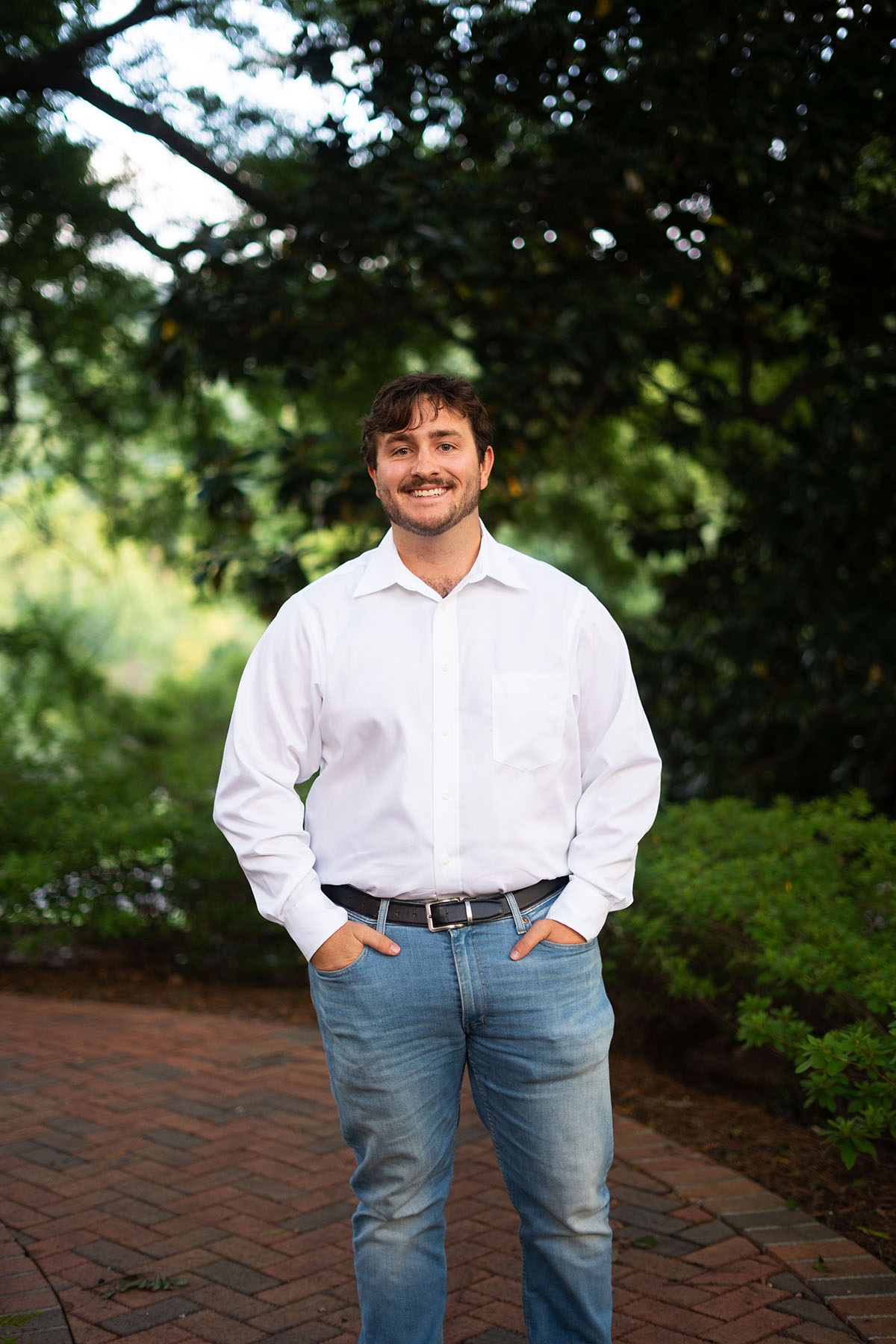It has recently come to my attention and the attention of The Samford Crimson leadership team that a writer who formally worked for the newspaper fabricated at least one story published in the newspaper.
After recent review of a story submitted by the reporter, the editorial staff was concerned there was false information in their work. This story was never published as it was confirmed that the third story contained false information.
After reviewing previous stories this reporter had written, which had previously been published, we have decided to take down their work.
The Samford Crimson apologizes to its readers for the false information that was disseminated through our on-campus and online publication.
This is not the standard of The Samford Crimson, and my staff and I are truly heart-broken that a writer would fabricate stories under our publication.
The editorial staff, the advisory staff and I are all extremely sorry to our readers, to those who have been misinformed, to those who were not properly portrayed and to the rest of the staff who do participate in honest hard-working journalism.
Preventative measures have been instituted to make sure that this never happens again.
I would also like to praise our editorial staff for catching this mistake early in the year and thank our leadership and advisory team for handling this situation the way they have handled it.
Many publications, not just at the collegiate level, have to deal with issues like this and don’t catch it quickly, so I am extremely proud of my editors for catching it when they did.
Fabricated stories are a huge deal in the world of journalism because it harms the integrity of the institution of journalism.
In this specific case, selfish journalism like this has the potential to harm the integrity of this University. I would also like to note, as a leader at this University, and a student who attends its rigorous curriculum, that this is not the standard of Samford University.
In higher profile cases, like Stephen Glass who fabricated over half of his 41 stories, or Louis Seibold who lied about interviewing Woodrow Wilson who was incapacitated due to stroke, journalists completely lose the trust of everyone including but not limited to their readers and other employers in the field of journalism.
This has never been and will never be the standard of The Samford Crimson. I am held to a higher standard by Will Heath, The Samford Crimson adviser and my professors who advise me. I hold my staff to a higher standard than this, the highest standard, and I know that many of them hold themselves to that same standard.
I personally believe that no other leadership team in the country who had only consistently been working together for a month and who were all new to their editing position and their leadership position could have dealt with this better. I am proud of my writers who have put in the effort every week to make this publication mean something.
To our readers once more, we are sorry, and we thank you for your understanding.
Apologies from the Editor-in-chief,
Andrew White

Editor-in-Chief





